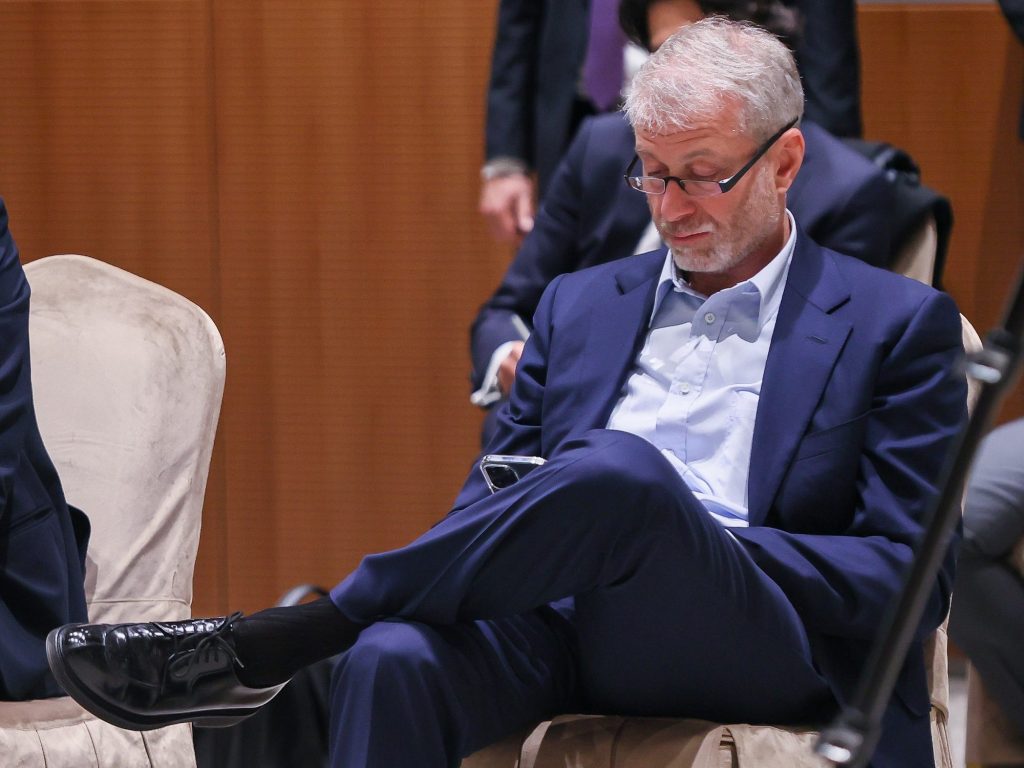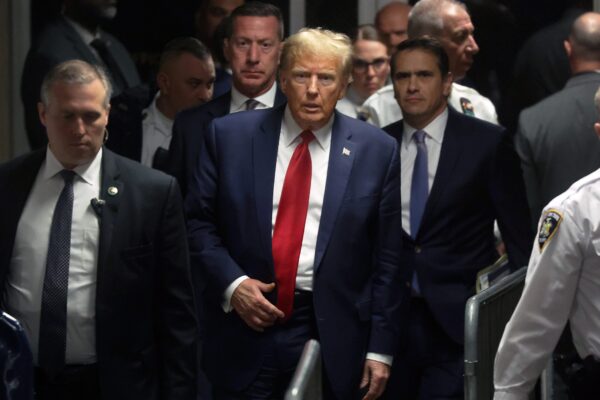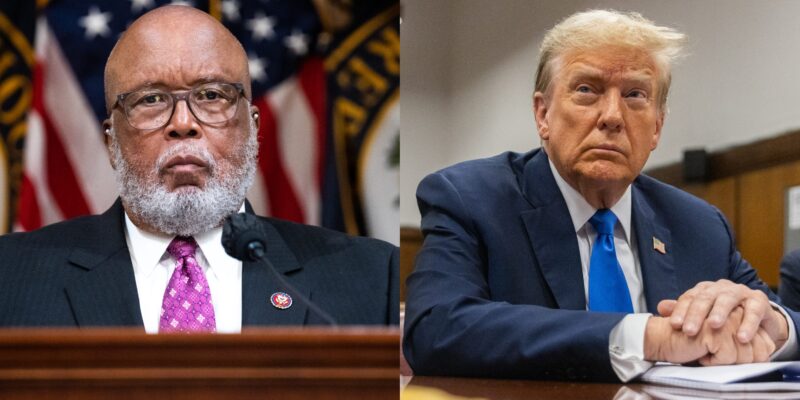- The West is considering allowing Russian oligarchs "to buy their way out of sanctions," AP reports.
- The plan entails oligarchs voluntarily donating funds to Ukraine, officials told the outlet.
- Canadian Deputy Prime Minister Chrystia Freeland pitched the idea at a G7 meeting last week.
Western allies are considering a proposal that would allow Russian oligarchs "to buy their way out of sanctions," the Associated Press reports.
The discussions include lifting sanctions on oligarchs who voluntarily give up their foreign assets or funds to be donated to Ukraine, according to the AP. Canada's deputy prime minister and finance minister, Chrystia Freeland, offered up the idea at a G7 conference in Germany last week, government officials familiar with the matter told the outlet.
The meeting was attended by the the G7 finance ministers and central bank governors, the heads of the International Monetary Fund (IMF), World Bank Group, Organisation for Economic Cooperation and Development (OECD), and Financial Stability Board (FSB). The Ukrainian prime minister and the Ukrainian finance minister attended virtually.
A spokesperson for Freeland's office did not immediately respond to Insider's request for comment.
The Canadian deputy prime minister started out her career as a Ukraine-based freelance journalist for the Financial Times and later wrote the award-winning book "Plutocrats: The Rise of the New Global Super Rich and the Fall of Everyone Else." As a foreign correspondent, she was able to meet some of the now-sanctioned Russian billionaires — one of whom she spoke with before pitching the proposal, an anonymous official told the AP.
This isn't the first discussion of how Western governments could use the frozen funds and assets of sanctioned oligarchs to fund Ukraine's defense against Russia.
The Biden Administration unveiled a plan in late April that would create a new system for selling the seized assets to fund Ukraine's defense. As of now, there are complex legal barriers that make it extremely difficult for the government to seize and sell an individual's private property, as Insider has previously reported.










